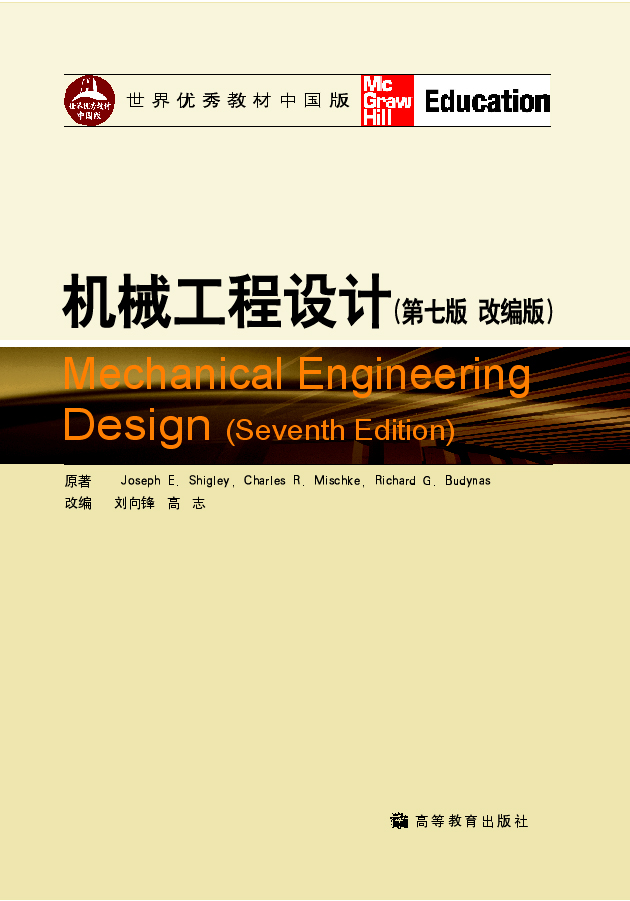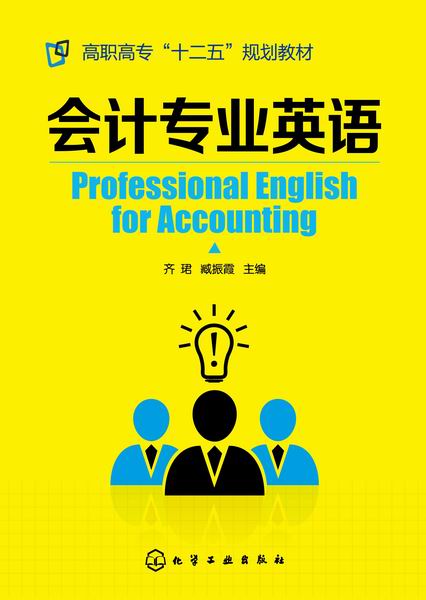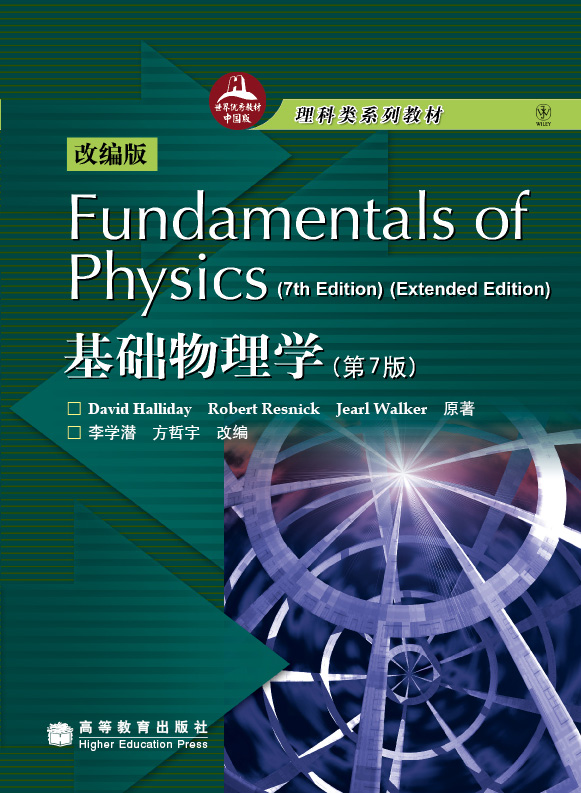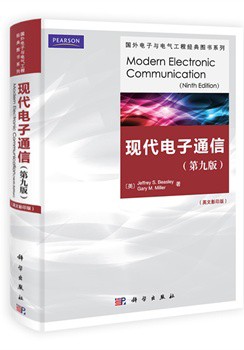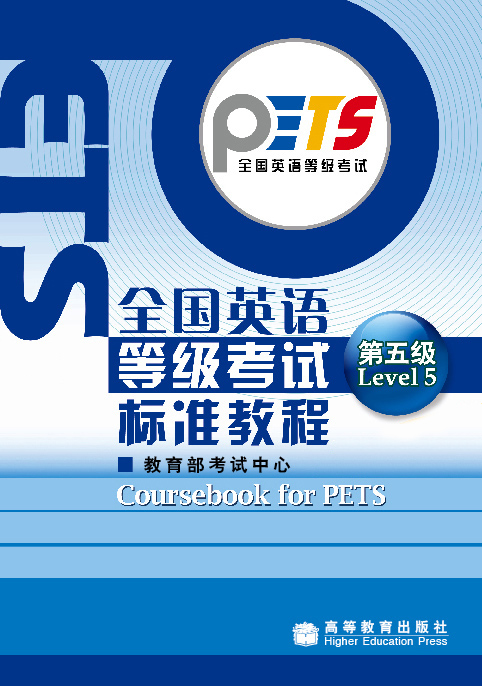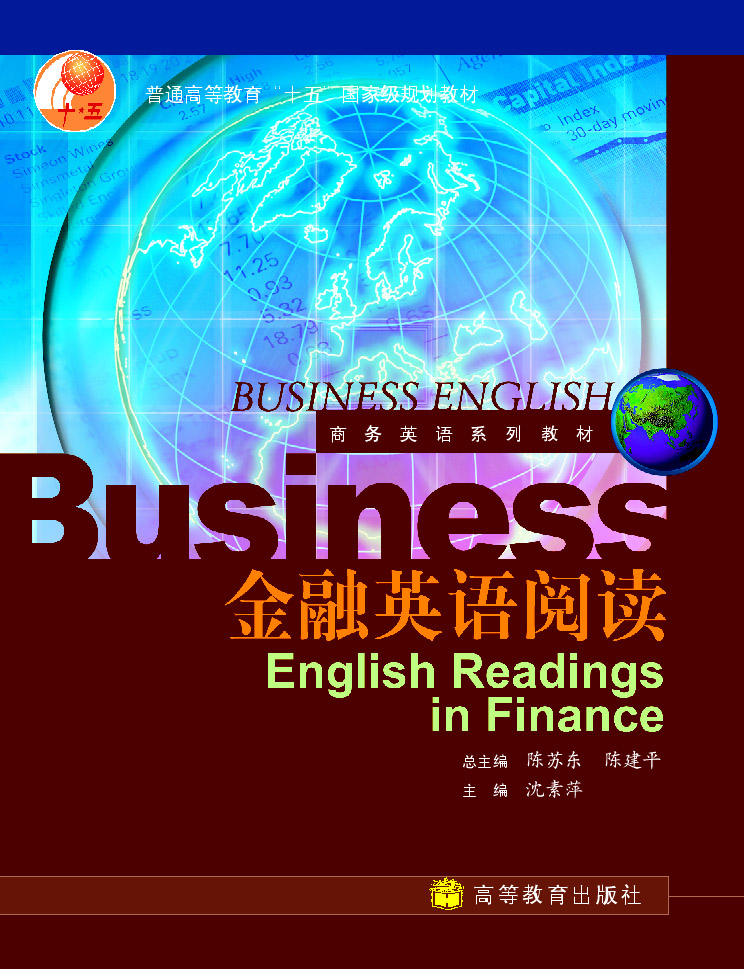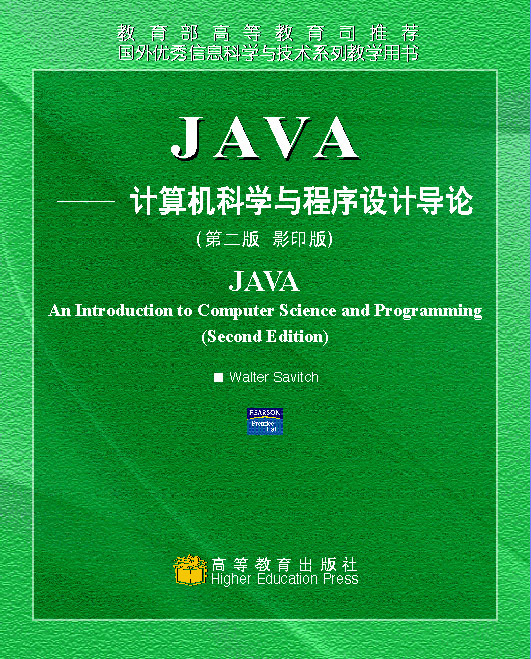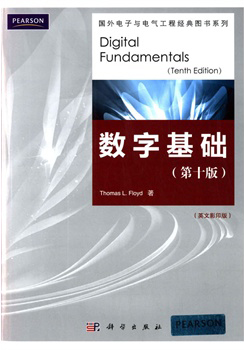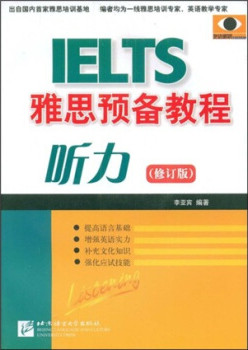机械工程设计(第7版)(改编版)
作者: Shigley等著;刘向锋改编
出版时间:2007-05
出版社:高等教育出版社
- 高等教育出版社
- 9787040207576
- 7版
- 74265
- 45241734-8
- 平装
- 16开
- 2007-05
- 600
- 793
- 工学
- 机械类
- TH122
- 机械类
- 本科 研究生及以上
为了加快培养具有国际竞争力的高水平技术人才,加快我国高等教育改革的步伐,教育部近来出台了一系列倡导高校开展英语或双语教学、引进原版教材的政策。引进国外优秀原版教材,在有条件的学校推动开展英语授课或双语教学,自然也引进了先进的教学思想和教学方法,这对提高我国自编教材的水平,加强学生的英语实际应用能力,使我国的高等教育尽快与国际接轨,必将起到积极的推动作用。
Mechanical Engineering Design为美国密歇根大学Joseph E.Shigley教授等著,是美国大学广泛使用的一本机械工程设计教材,具有极高的权威性。1956年,Joseph igley教授独自开始编写机械工程设计教材,后逐渐发展成为目前的机械工程设计教材。Joseph E.Shigley于1994年5月去世,其合作者仍然以Joseph E.Shigley教授的名义出版修订版至目前的第七版。修订版继续沿用原教材的基本内容和编写体系,可见该教材深受美国业内人士的广泛认同和欢迎。书中内容涵盖了设计过程、工程力学与材料、静载荷与动载荷下的防止失效、典型机械零部件设计等内容,提供了大量解决工程实际问题的方法和实例。该教材一直受到我国从事机械设计教学和研究人员的重视。作为国外权威性教材,高等教育出版社曾组织该书第三版(1980年)和第四版(1988年)的翻译出版工作,从而使国内同行深入了解和掌握美国机械设计相关课程的教学内容、体系、方法和发展,取得了很好的效果。机械工业出版社于2002年出版了该书(第六版)的英文影印版,为国内机械设计课程的双语教学起到了积极的推动作用。
1 Introduction
1-1 Design
1-2 Mechanical Engineering Design
1-3 Interaction between Design Process Elements
1-4 Design Tools and Resources
1-5 The Design Engineer's Professional Responsibilities
1-6 Codes and Standards
1-7 Economics
1-8 Safety and Product Liability
1-9 The Adequacy Assessment
1-10 Uncertainty
1-11 Stress and Strength
1-12 Design Factor and Factor of Safety
1-13 Reliability
1-14 Units and Preferred Units
1-15 Calculations and Significant Figures
Problems
2 Failture Resulting from Static Loading
2-1 Static Strength
2-2 Stress Concentration
2-3 Failure Theories
2-4 Maximum-Shear-Stress Theory for Ductile Materials
2-5 Distortion-Energy Theory for Ductile Materials
2-6 Coulomb-Mohr Theory for Ductile Materials
2-7 Failure of Ductile Materials Summary
2-8 Maximum-Normal-Stress Theory for Brittle Materials
2-9 Modifications of the Mohr Theory for Brittle Materials
2-10 Failure of Brittle Materials Summary
2-11 Selection of Failure Criteria
2-12 Static or Quasi-Static Loading on a Shaft
2-13 Introduction to Fracture Mechanics
2-14 Stochastic Analysis
Problems
3 Fatigue Failture Resulting from Variable Loading
3-1 Introduction to Fatigue in Metals
3-2 Approach to Fatigue Failure in Analysis and Design
3-3 Fatigue-Life Methods
3-4 The Stress-Life Method
3-5 The Strain-Life Method
3-6 The Linear-Elastic Fracture Mechanics Method
3-7 The Endurance Limit
3-8 Fatigue Strength
3-9 Endurance Limit Modifying Factors
3-10 Stress Concentration and Notch Sensitivity
3-11 Characterizing Fluctuating Stresses
3-12 Fatigue Failure Criteria for Fluctuating Stress
3-13 Torsional Fatigue Strength under Fluctuating Stresses
3-14 Combinations of Loading Modes
3-15 Varying,Fluctuating Stresses;Cumulative Fatigue Damage
3-16 Surface Fatigue Strength
3-17 Stochastic Analysis
Problems
4 Flexible Mechanical Elements
4-1 Belts
4-2 Flat- and Round-Belt Drives
4-3 V Belts
4-4 Timing Belts
4-5 Roller Chain
4-6 Wire Rope
4-7 Flexible Shafts
Problems
5 Gears-Force Analysis
5-1 Force Analysis-Spur Gearing
5-2 Force Analysis-Bevel Gearing
5-3 Force Analysis-Helical Gearing
5-4 Force Analysis-Worm Gearing
Problems
6 Spur and Helical Gears
6-1 The Lewis Bending Equation
6-2 Surface Durability
6-3 AGMA Stress Equations
6-4 AGMA Strength Equations
6-5 Geometry Factors I and J(Z, andYJ)
6-6 The Elastic Coefficient Cv(ZE)
6-7 Dynamic Factor K,
6-8 Overload Factor Ko
6-9 Surface Condition Factor Ct(ZR)
6-10 Size Factor K,
6-11 Load-Distribution Factor K.(KH)
6-12 Hardness-Ratio Factor C
6-13 Stress Cycle Life FactorsYNand ZN
6-14 Reliability FactorKR(Yz)
6-15 Temperature Factor KT(Ye)
6-16 Rim-Thickness Factor KB
6-17 Safety Factors Sp and S
6-18 Analysis
6-19 Design of a Gear Mesh
Problems
7 Bevel and Worm Gears
7-1 Bevel Gearing-General
7-2 Bevel-Gear Stresses and Strengths
7-3 AGMA Equation Factors
7-4 Straight-Bevel Gear Analysis
7-5 Design of a Straight-Bevel Gear Mesh
7-6 Worm Gearing-AGMA Equation
7-7 Worm-Gear Analysis
7-8 Designing a Worm-Gear Mesh
7-9 Buckingham Wear Load
Problems
8 Lubrication and Journal Bearings
8-1 Types of Lubrication
8-2 Viscosity
8-3 Petroff's Equation
8-4 Stable Lubrication
8-5 Thick-Film Lubrication
8-6 Hydrodynamic Theory
8-7 Design Considerations
8-8 The Relations of the Variables
8-9 Steady-State Conditions in Self-Contained Bearings
8-10 Clearance
8-11 Pressure-Fed Bearings
8-12 Loads and Materials
8.-13 Bearing Types
8-14 Thrust Bearings
8-15 Boundary-Lubricated Bearings
Problems
9 Rolling-Contact Bearings
9-1 Bearing Types
9-2 Bearing Life
9-3 Bearing Load Life at Rated Reliability
9-4 Bearing Survival:Reliability versus Life
9-5 Relating Load,Life,and Reliability
9-6 Combined Radial and Thrust Loading
9-7 Variable Loading
9-8 Selection of Ball and Cylindrical Roller Bearings
9-9 Selection of Tapered Roller Bearings
9-10 Design Assessment for Selected Rolling-Contact Bearings
9-11 Lubrication
9-12 Mounting and Enclosure
Problems
10 Shafts and Axles
10-1 Introduction
10-2 Geometric Constraints
10-3 Strength Constraints
10-4 Strength Constraints-Additional Methods
10-5 Shaft Materials
10-6 Hollow Shafts
10-7 Critical Speeds
10-8 Shaft Design
Problems
11 Screws,Fasteners,and the Design of Nonpermanent Joints
11-1 Thread Standards and Definitions
11-2 The Mechanics of Power Screws
11-3 Threaded Fasteners
11-4 Joints-Fastener Stiffness
11-5 Joints-Member Stiffness
11-6 Bolt Strength
11-7 Tension Joints-The External Load
11-8 Relating Bolt Torque to Bolt Tension
11-9 Statically Loaded Tension Joint with Preload
11-10 Gasketed Joints
11-11 Fatigue Loading of Tension Joints
11-12 Shear Joints
11-13 Setscrews
11-14 Keys and Pins
11-15 Stochastic Considerations
Problems
12 Clutches,Brakes,Couplings,and Flywheels
12-1 Static Analysis of Clutches and Brakes
12-2 Internal Expanding Rim Clutches and Brakes
12-3 External Contracting Rim Clutches and Brakes
12-4 Band-Type Clutches and Brakes
12-5 Frictional-Contact Axial Clutches
12-6 Disk Brakes
12-7 Cone Clutches and Brakes
12-8 Energy Considerations
12-9 Temperature Rise
12-10 Friction Materials
12-11 Miscellaneous Clutches and Couplings
12-12 Flywheels
Problems
13 Mechanical Springs
13-1 Stresses in Helical Springs
13-2 The Curvature Effect
13-3 Deflection of Helical Springs
13-4 Compression Springs
13-5 Stability
13-6 Spring Materials
13-7 Helical Compression Spring Design for Static Service
13-8 Critical Frequency of Helical Springs
13-9 Fatigue Loading of Helical Compression Springs
13-10 Helical Compression Spring Design for Fatigue Loading
13-11 Extension Springs
13-12 Helical Coil Torsion Springs
13-13 Belleville Springs
13-14 Miscellaneous Springs
13-15 Summary
Problems
Appendix A Useful Tables
Appendix B Answers to Selected Problems

